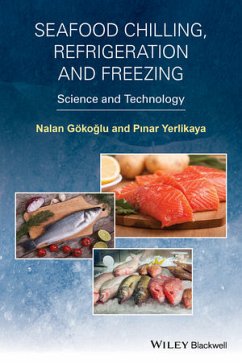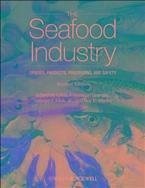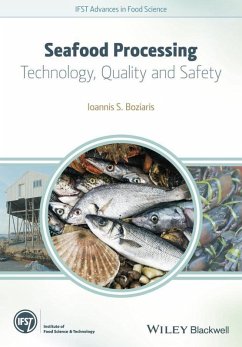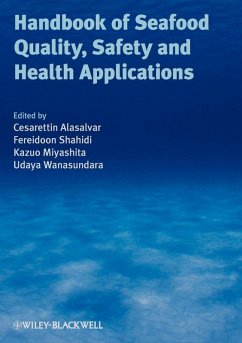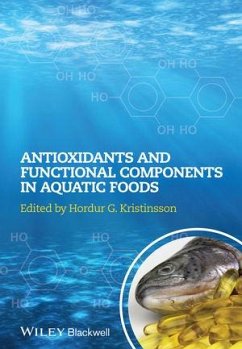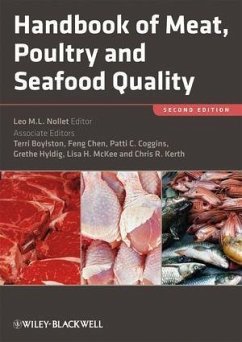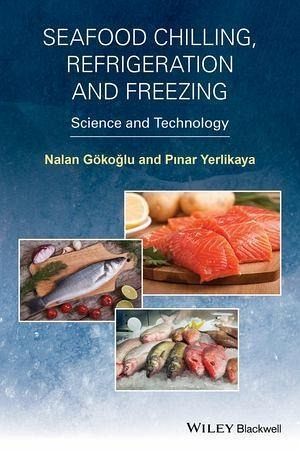
Seafood Chilling, Refrigeration and Freezing (eBook, ePUB)
Science and Technology
Versandkostenfrei!
Sofort per Download lieferbar
104,99 €
inkl. MwSt.
Weitere Ausgaben:

PAYBACK Punkte
0 °P sammeln!
Fish and seafood are highly perishable, and must be preserved immediately after being caught or harvested. It is very important both to preserving its quality and to ensure that it does not pose any risks to human health upon consumption. Chilling, refrigeration and freezing are the major preservation methods used with seafood and fish products, all three processes aiming to preserve the freshness and flavour of the fish. Consumer demand for fish remains high despite escalating prices in the last ten years which have seen the retail cost of the most popular breeds (cod, haddock, salmon) more t...
Fish and seafood are highly perishable, and must be preserved immediately after being caught or harvested. It is very important both to preserving its quality and to ensure that it does not pose any risks to human health upon consumption. Chilling, refrigeration and freezing are the major preservation methods used with seafood and fish products, all three processes aiming to preserve the freshness and flavour of the fish. Consumer demand for fish remains high despite escalating prices in the last ten years which have seen the retail cost of the most popular breeds (cod, haddock, salmon) more than double for unfrozen fish. Many consumers appear to be willing to pay a premium for freshness and quality, both of which are closely linked in shoppers' minds with the efficient chilling and refrigeration of the fish along the supply chain. At the same time, frozen fish and seafood has also grown more popular with shoppers, as a cheaper, more convenient alternative to refrigerated fresh fish and seafood. Seafood Chilling, Refrigeration and Freezing presents the science behind the chilling, refrigerating and freezing of fish and seafood, describing the chemical, microbiological and physical changes which take place during preservation, and considering the new technologies which can be used, highlighting their benefits and their economic implications. The book takes account of the different requirements for different breeds of fish and seafood, and includes both traditional and novel technologies, providing both current and future perspectives. It will be required reading for food scientists, fish processors and retailers as well as fish specialists, researchers and process designers.
Dieser Download kann aus rechtlichen Gründen nur mit Rechnungsadresse in D ausgeliefert werden.



